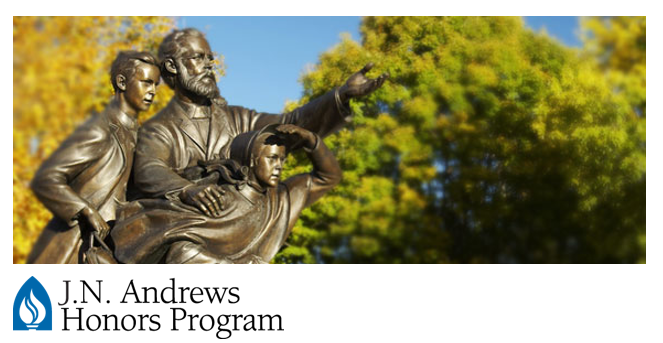Date of Award
4-19-2024
Document Type
Honors Thesis
Department
School of Business
First Advisor
Paul Smith
Abstract
In 2017, the Tax Cuts and Jobs Act (TCJA) decreased the corporate tax rate from thirty-five (35) percent to twenty-one (21) percent. In addition, the TCJA imposed a one-time tax on liquid and fixed assets held off-shore at fifteen-point five (15.5) percent and eight (8) percent, respectively, paid over eight (8) years, by awarding essentially an interest-free loan, creating an incentive for corporations in the United States to repatriate their offshore cash. This research investigates how the TCJA impacted corporate government tax revenue (CGTR), how corporations used the cash gained from the corporate tax rate decrease, whether the decrease in tax rate and the concept of repatriation increased company stock buybacks, and how that does or does not impact corporation behavior and the economy. Our methodology focused on gathering and analyzing data from the two Federal Agencies: the Congressional Budget Office (CBO) online database and the United States Securities and Exchange Commission (SEC). We tracked and analyzed the CGTR depicted in the CBO from 2017-2023, which allowed us to note what corporate income taxes were before the TCJA and how CGTR was affected by the TCJA. Additionally, we analyzed specific corporation’s financial statements from the SEC, which provided us with the necessary information to conclude where corporations used their excess or extra cash gained through profits and the reduction in tax revenues discussed above. As one might have guessed, our results showed that corporate tax revenues initially declined substantially, and ultimately, companies used the “windfalls” to buy back their stock and other investments.
Recommended Citation
Colon, Ruben, "The Tax Cuts and Jobs Act and the Increase of Stock Buybacks" (2024). Honors Theses. 279.
https://digitalcommons.andrews.edu/honors/279
Subject Area
Taxation; Occupations; Stocks
Creative Commons License

This work is licensed under a Creative Commons Attribution-NonCommercial-No Derivative Works 4.0 International License.



